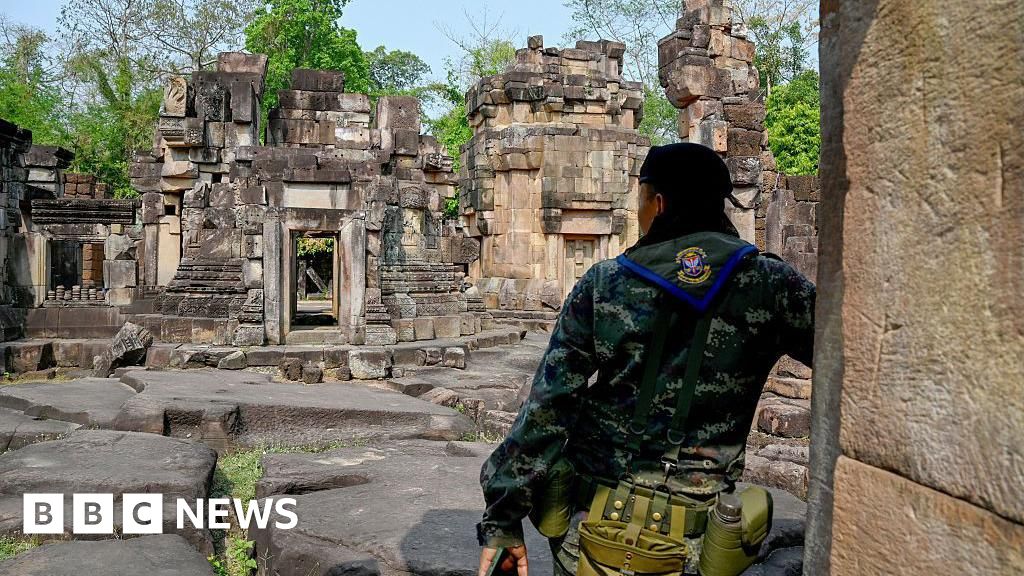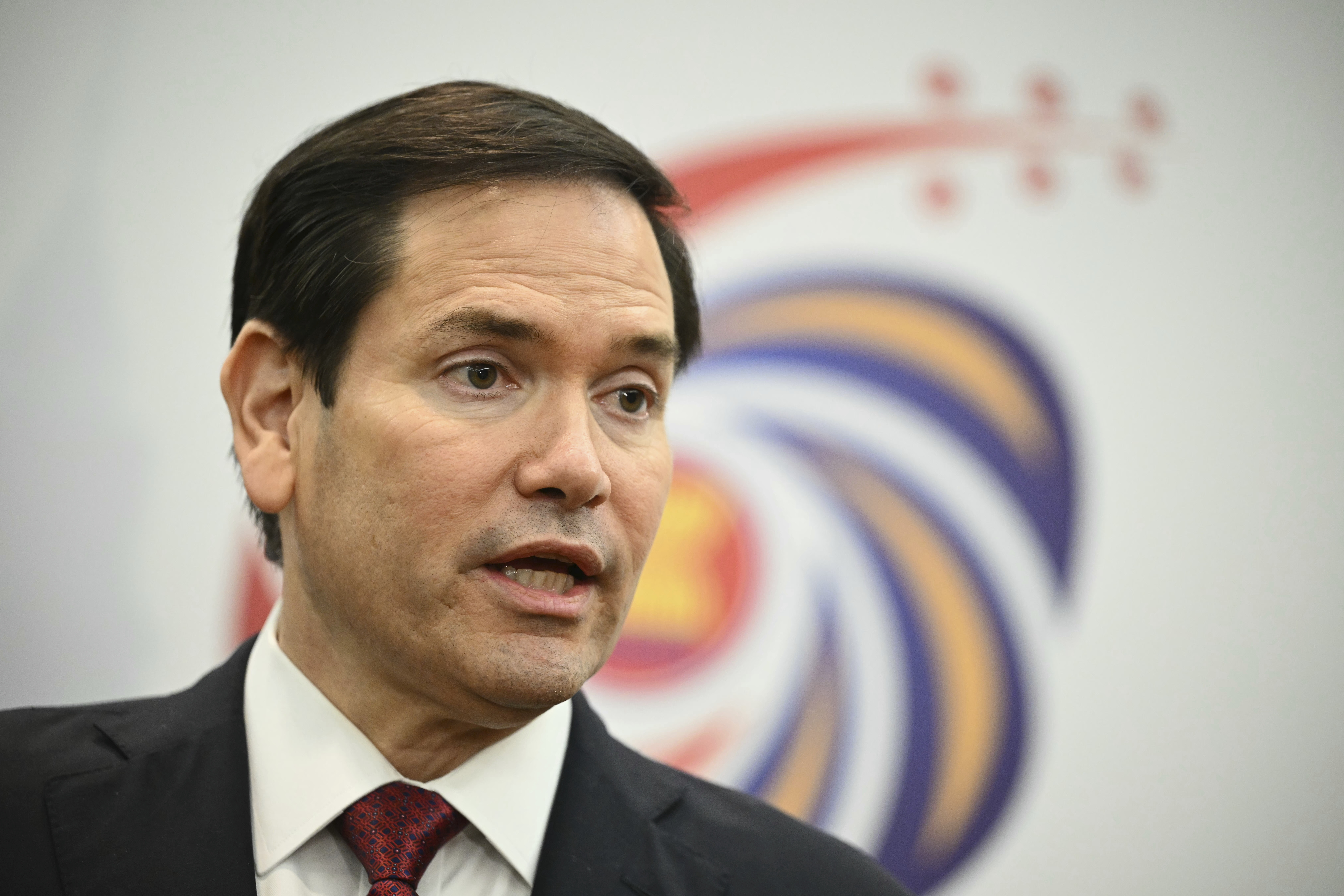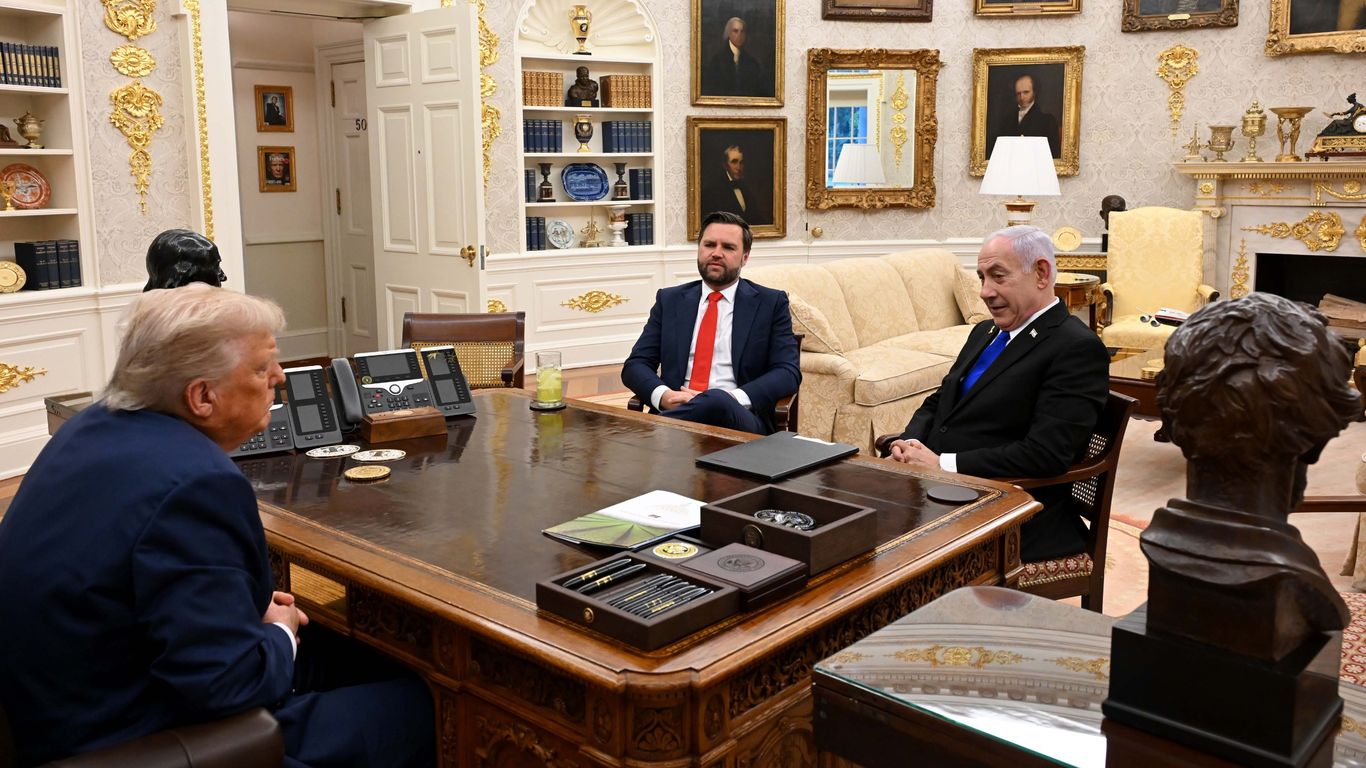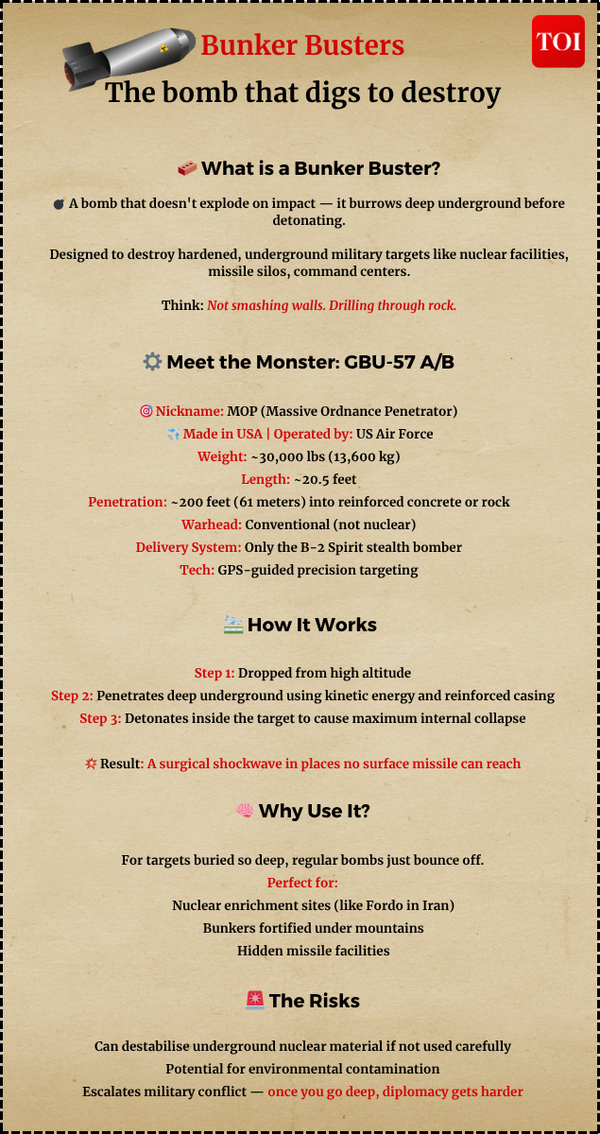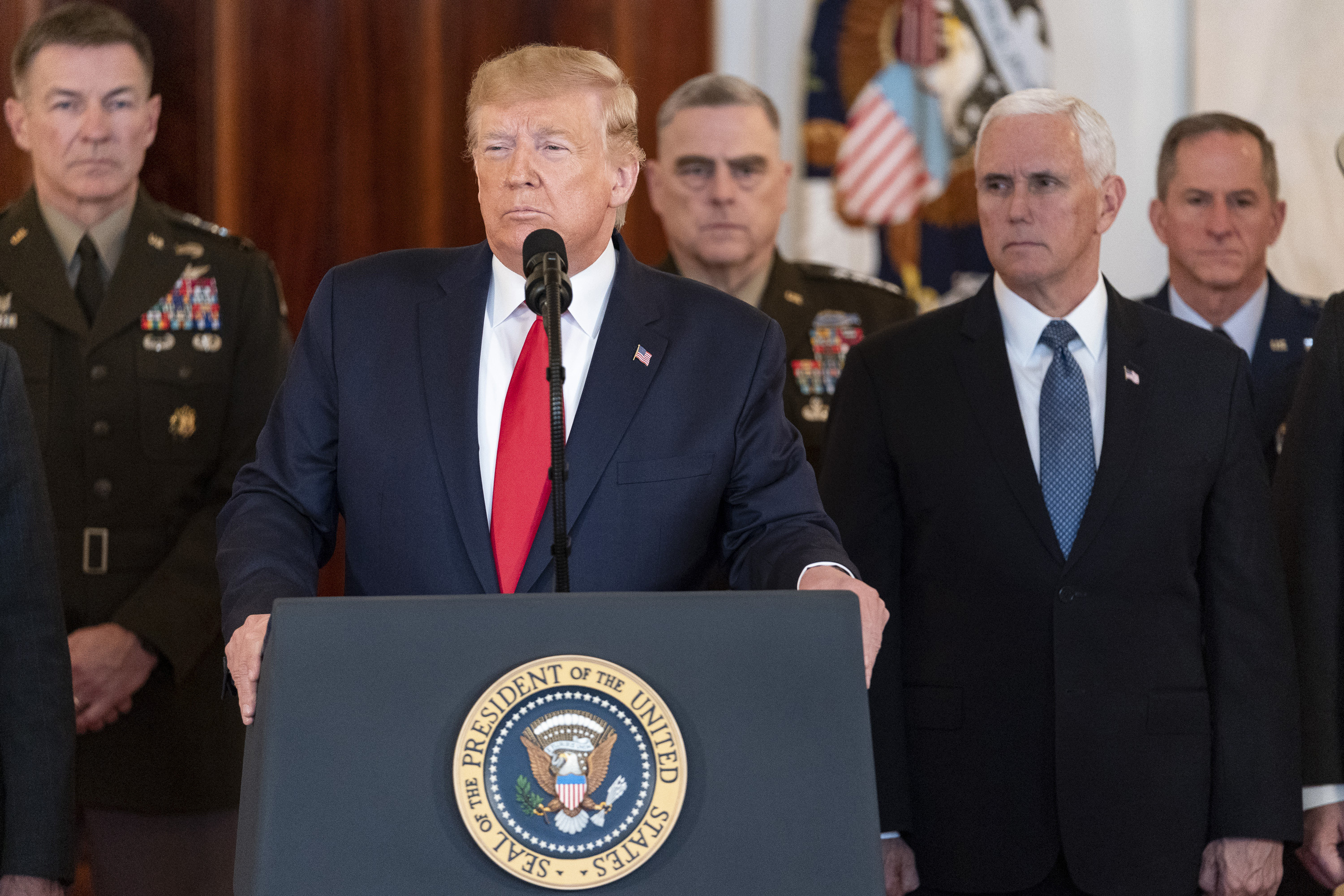Tensions Escalate Between Thailand and Cambodia, Impact of Border Dispute
#thailand #cambodia #border dispute #tensions #economic consequences

Introduction
In the latest clash over the disputed border between Thailand and Cambodia, tensions have once again escalated as troops from both countries exchanged fire. According to Thai officials, the shelling from the Cambodian side has resulted in the deaths of 12 individuals, further fueling the animosity between the neighboring nations.
Key Details
The border dispute between Thailand and Cambodia has been ongoing for decades, with both sides claiming ownership of the Preah Vihear temple and surrounding areas. The conflict has led to sporadic clashes, causing loss of lives and damage to property. In 2011, the International Court of Justice ruled in favor of Cambodia, but tensions have continued to simmer as both countries have failed to fully demarcate the border.
Impact
The continued border disputes have not only resulted in loss of lives and strained diplomatic relations, but have also had severe economic consequences. The Preah Vihear temple, a UNESCO World Heritage site, has seen a significant decline in tourism due to the ongoing conflict. Additionally, the instability in the region has hindered economic development and trade, affecting the livelihoods of those living in the border areas.
About the Organizations Mentioned
UNESCO
## Overview UNESCO—the United Nations Educational, Scientific and Cultural Organization—is a specialized UN agency headquartered in Paris, France, with 194 member states and 12 associate members[6]. Established in 1945 in the aftermath of World War II, UNESCO was founded to build peace through international cooperation in education, science, and culture, directly addressing the belief that political and economic agreements alone cannot secure lasting peace[1][6]. Its mission is rooted in fostering dialogue, sustainable development, and human rights by promoting collaboration across nations[6]. ## Core Activities UNESCO operates across five main program areas: education, natural sciences, social and human sciences, culture, and communication/information[6]. The organization sets global norms and standards, develops policy frameworks, and builds international networks—most notably through its World Heritage, Biosphere Reserves, and Global Geoparks programs[1]. UNESCO is a leader in global education, guiding efforts to achieve Sustainable Development Goal 4 (quality education) and convening high-level forums like the Global Education Meeting[2][5]. In science, UNESCO supports international research, ethical guidelines, and innovation, including co-chairing UN initiatives on artificial intelligence (AI) and digital governance[5]. Culturally, UNESCO protects and promotes both tangible and intangible heritage, maintaining the World Heritage List and supporting the preservation of cultural diversity[1][6]. ## Key Achievements UNESCO’s most visible achievement is its World Heritage program, which has inscribed over 1,150 sites of outstanding universal value, safeguarding them for future generations[1]. The organization has also pioneered global literacy campaigns, advanced Holocaust and genocide education to combat antisemitism, and promoted media freedom through initiatives like the UN Plan of Action on the Safety of Journalists[1][5]. UNESCO’s work in science includes fostering international collaboration on climate action, water resource management, and ethical standards in emerging technologies[5][7]. ## Current Status As of 2025
International Court of Justice
The **International Court of Justice (ICJ)** is the principal judicial organ of the United Nations, established in 1945 under the UN Charter and beginning its work in 1946. Located in The Hague, Netherlands, the ICJ settles legal disputes between states and provides advisory opinions on legal questions referred to it by UN organs and specialized agencies. It is the only international court with general jurisdiction to adjudicate disputes between countries, making its rulings a primary source of international law[1][2][5]. The Court comprises **15 independent judges** elected for nine-year terms by the UN General Assembly and Security Council. Judges represent a global regional balance and do not act as representatives of their own states. States party to a case may appoint an ad hoc judge for that specific case, who holds the same powers as permanent judges during proceedings[2][4]. The ICJ's jurisdiction is twofold: *contentious jurisdiction*, where it resolves disputes between consenting states regarding international law issues, and *advisory jurisdiction*, where it issues legal opinions on questions posed by UN bodies or specialized agencies[1][3]. Only states may be parties in contentious cases, and jurisdiction depends on their consent, often via treaties or declarations accepting the Court’s authority[3][5]. Since its inception, the ICJ has handled over 160 cases, including significant disputes concerning territorial sovereignty, maritime boundaries, and treaty interpretations. Notable advisory opinions have influenced international legal norms and UN policy, such as opinions on decolonization and use of force. While ICJ rulings are binding on parties involved, enforcement relies on UN mechanisms and political will, as the Court lacks direct enforcement power[2][5]. For business and technology sectors, the ICJ’s role in clarifying international legal frameworks impacts cross-border disputes, sovereignty issues affecting global trade, and the development of international law that underpins regulatory environments. Its influence helps stabilize legal expectations among states, fostering a predictable global environment critical for international business and
